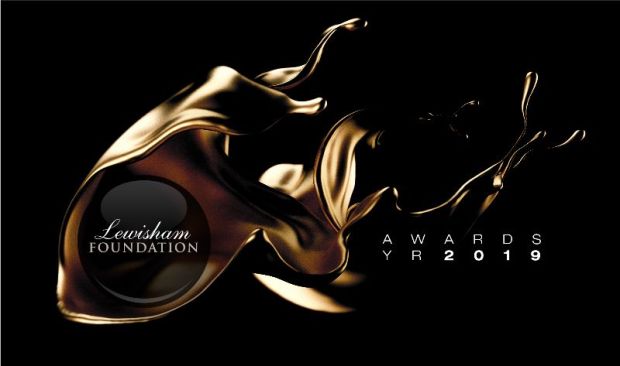Sustainability concerns have generally become more elevated amongst wine drinkers over the past year, which has translated into a growing consumer interest in alternative wines, according to global liquor research analysts IWSR.
Latest findings from IWSR’s ongoing tracking for consumer interest in and attitudes towards organic, natural, and other alternative wines (such as Fairtrade, biodynamic, carbon-neutral, sulphate-free, and cannabis-infused) show that natural wine offers some of the biggest opportunities for wine producers – though the meaning of “natural” varies amongst consumers.
The general perception of natural wine as more healthy, less harmful to the environment, better tasting and higher quality are fundamental to its success.
Even though the technical definition of ‘natural’ wine is often not well understood by consumers, the word’s positive associations mean it is still a sought-after attribute.
Indeed, as part of IWSR’s ongoing tracking of consumer attitudes to wine labels, findings show that a wine bottle label that is focused on “natural wine” continues to be amongst the claims that influences wine consumers the most.
While natural wines are often associated with being ‘less processed’, consumers perceive sustainable wines as being better for the environment and more ethically responsible, says IWSR.
In the US and the UK, the proportion of regular wine drinkers willing to pay more for sustainable wine has significantly increased between 2021 and 2022.
Almost half (46%) of US regular wine drinkers also say they will always choose a sustainable wine when given the choice.
In the UK, consumers with high engagement on sustainability are more likely to be millennials. In the US, men, millennials and Gen X are the main buyers of the majority of alternative wine types.
Organic wines have been showing positive volume growth in most markets: globally, organic wines grew by +5% volume CAGR, 2017-2022.
In many markets, the organic wine segment is showing growth while the non-organic still wine market shows declining or flat performance.
IWSR says wine consumers across markets generally view organic wine as the most expensive type of alternative wine, although this does vary by region.
European and North American wine drinkers associate organic wine more strongly with higher prices, while Asian wine consumers focus more on product qualities such as fewer additives or being less processed.
Looking ahead, IWSR says increased costs of living in many markets may pose a threat to the alternative wine segment, which is often perceived as more expensive but is not always associated with higher quality or better taste.
Overall awareness for a wide range of alternative wine types also remains low, possibly limiting the category’s growth potential.
However, wine labels can help with tapping into consumer interest in sustainable wines: in Australia, China, the US and UK, for example, over half of all regular wine drinkers only trust the sustainability of wines if they show official certification.
Did you know?
There are six ways you can catch up with The Shout NZ?
Our print magazine – new issue out now! Subscribe here.
Online, updated daily with its own unique content and breaking news.
Our weekly newsletter – free to your inbox! Subscribe here.
Our digital magazines – the latest issues are online now.
We are also on Facebook and Instagram!




